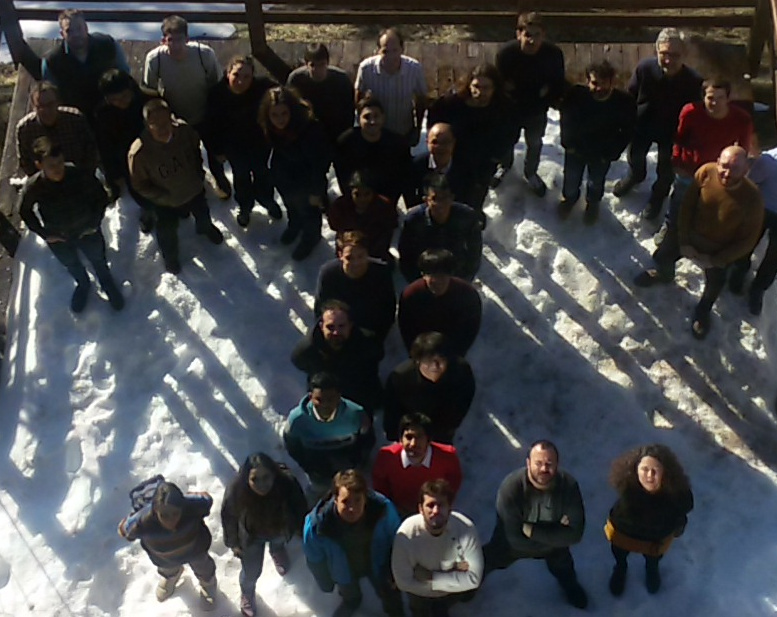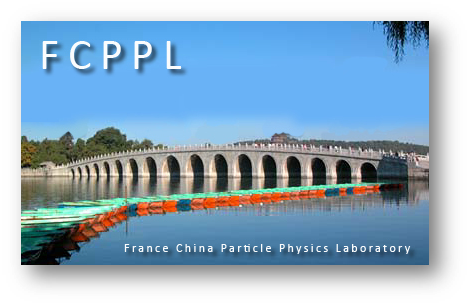Quarkonia As Tools 2020
Centre Paul Langevin

The workshop will be the second edition of a new series of meetings focused on the experimental and theoretical studies of quarkonia as tools to explore the structure of nucleons and nuclei, the phase diagram of QCD, the spin content of the nucleons, the coupling of the Higgs boson to heavy quarks, ...
Each day will be dedicated to specific systems and observables: collisions involving protons, mesons and leptons, proton-nucleus collisions, heavy-ion collisions, polarised nucleons and spin observables, and exclusive reactions including the ultra-peripheral hadron collisions. In order to make your travel plans, note that there will be a session on Saturday morning.
Morning sessions will be reserved for review talks and topical presentations. In the afternoon, we will organise round tables for each topic. We will also organise a session of Tools for Quarkonia (HELAC-Onia, Madgraph, Pythia, ..., Strong2020 Virtual accesses, ...)
Topics & conveners:
- Monday: H.S. Shao (Sorbonne U.): tools for PDFs, Double Parton Scattering, parton correlations,...
- Tuesday: C. Van Hulse (University College Dublin): tools for GPDs, Wigner functions,...
- Wednesday: M.G. Echevarria (Alcalá U.): tools for TMD functions, spin asymmetries,...
- Thursday: M. Winn (CERN): tools for nuclear PDFs, Cold Nuclear Matter,...
- Friday: E. Chapon (CERN): tools for Quark-Gluon Plasma,...
- Saturday: DPS, jets, isolation, edition of a write-up
This scientific event is supported by the CNRS-IN2P3 (TMD@NLO, LIA FCPPL, PICS Excitonium), the P2I Dept. Paris Saclay U., the GDR QCD and the Labex P2IO.
Previous workshops:
Quarkonia As Tools 2019, January 13-19 2019, Aussois (France)


